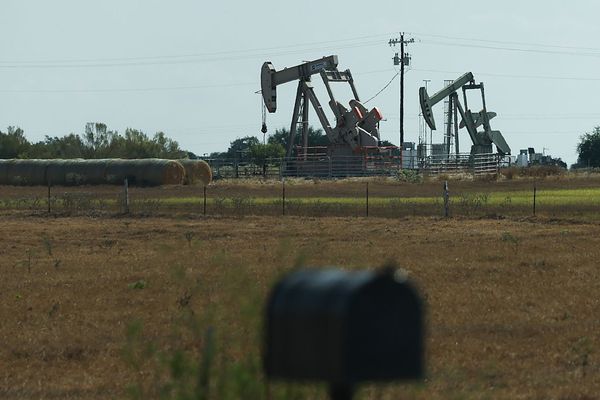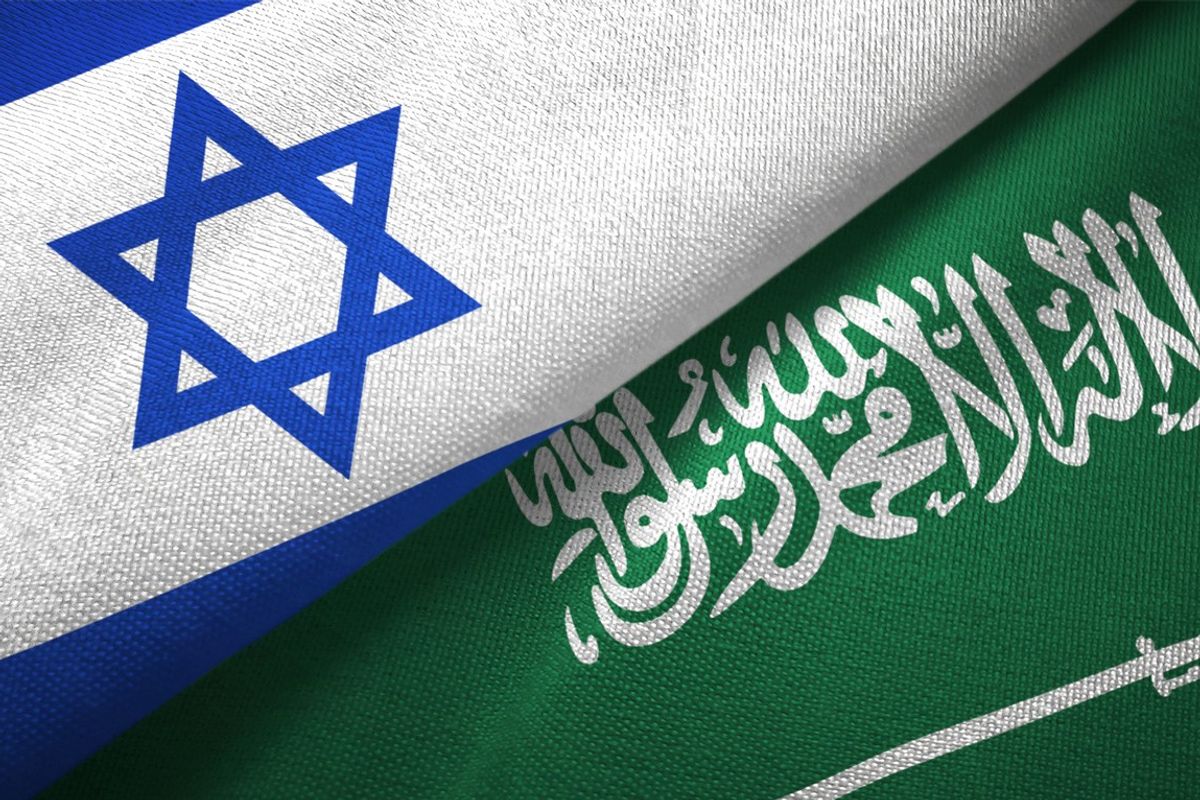Bottom Line Up Front
- The spread of coronavirus is compounding the well-known problems faced by Middle East governments and societies.
- The coronavirus crisis could become particularly acute in conflict-ravaged countries where governance is already weak or absent.
- The decision by Saudi Crown Prince Mohammad bin Salman to try to regain dominance of the global oil market will further strain regional resources needed to combat the COVID-19 crisis.
- The COVID-19 crisis has laid bare the humanitarian consequences of the U.S. campaign of 'maximum pressure' on Iran.
The novel coronavirus first reached the Middle East region in the form of a significant outbreak in Iran’s holy city of Qom, from there expanding within Iran, and then spreading further throughout the region as visitors to Iran’s many shrines returned to their home countries. The COVID-19 crisis is adding to the challenges faced by a region in which more states are failed or failing simultaneously than at any time in the region’s recent history. Conflicts continue to rage in Yemen, Syria, Iraq, Libya, and Afghanistan, and governments in these countries exercise clear authority only in parts of their territories. In several other areas of the region, such as the Gaza Strip and in Lebanon, militias and armed factions act as a ‘state within a state’ and limit the writ of recognized central governments. Many of the countries of the region hold significant populations of refugees and internally displaced persons that live in crowded and unsanitary conditions that are conducive to the spread of the coronavirus. Even before the COVID-19 pandemic, the conflict in Yemen had already produced a major outbreak of cholera in that country.
The lack of effective governance in many countries of the region complicates efforts not only by these governments, but also by global health agencies such as the World Health Organization (WHO), to implement selective quarantines, travel bans, border closings, and other measures to slow the spread of the virus. Compounding the challenges facing regional governments is that virtually every political authority in the region already has constituencies that are highly skeptical of official pronouncements and statistics and resistant to the exercise of central authority. Governments in Iraq and Lebanon were facing significant popular rebellions at the time the COVID-19 crisis emerged.
The policies of some governments, as well as some of the pre-existing U.S. policies toward the region, have compounded the challenges posed by the relentless spread of the coronavirus. In the midst of the emerging global health crisis, Saudi Arabia’s de-facto leader, Crown Prince Mohammad bin Salman (MbS), launched an oil price ‘war’ with Russia after the latter refused an OPEC proposal to cut production. The production cut represented an effort to stabilize a global oil market reeling from collapsing worldwide demand. MbS ordered oil export price cuts and greatly increased production as part of an effort to force Russia to return to the bargaining table and to deal a significant blow to U.S. shale oil producers. However, MbS’ decision has caused oil prices to fall dramatically, weakening the ability of all Persian Gulf producers to fund national, regional, and international efforts to combat the COVID-19 crisis.
And several governments, particularly Russia and China, have joined Iran’s call for the lifting of U.S. sanctions as necessary to help Iran cope with the COVID-19 outbreak. The number of Iranians infected and killed by the disease is several times higher than that of any other regional state. U.S. sanctions, re-imposed when the Trump administration withdrew from the 2015 multilateral Iran nuclear agreement, have caused global firms to cease transactions with Iran – including transactions in medical equipment that are exempt from U.S. sanctions. Iran and other critics cite the sanctions as at least partly responsible for a shortage in Iran of personal protective equipment, ventilators, and medicines that Iran requires to cope with the coronavirus crisis. U.S. officials have blamed Iran’s mismanagement and incompetence, rather than U.S. sanctions, for any shortages. However, suggesting that the criticism has weakened U.S. efforts to build an anti-Iran coalition, the United States has offered Iran humanitarian assistance related to the COVID-19 outbreak and issued new guidance clarifying that U.S. sanctions do not apply to medical sales to Iran. COVID-19 severely compounds several other cascading crises across the Middle East at a time when the international community feels leaderless, as the United States has devolved its own leadership in the region. Further disruption to regional stability will inevitably follow, as well as a growing power vacuum that U.S. adversaries will seek to exploit.










